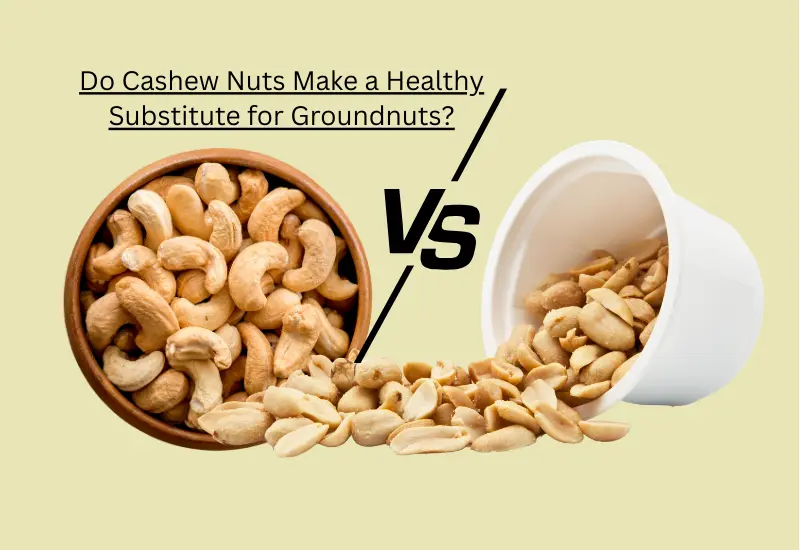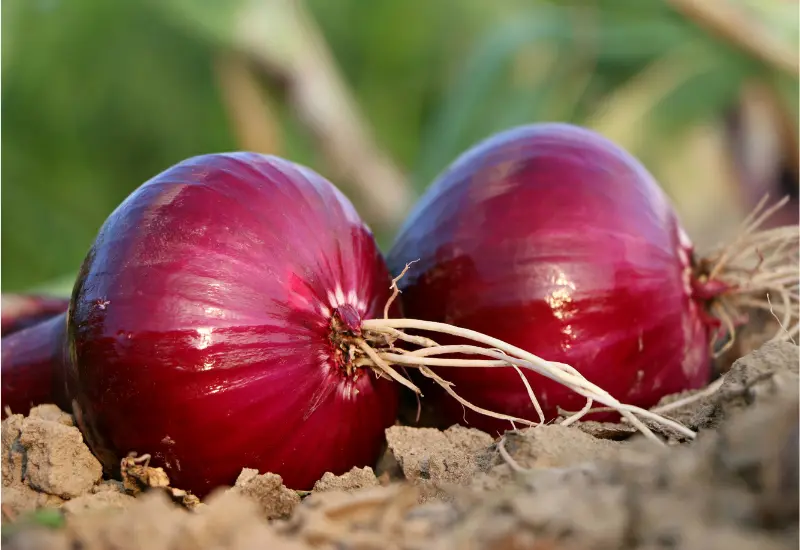Esculine Lycopersicon. The tomato’s botanical name. When I was ten years old, confused by the agricultural names for many plants, I discovered this name. I thought the word sounded sweet at the time, a mouthwatering pronunciation that only bright-red tomatoes could have. I later discovered that Solanum lycopersicum was the more accurate biological term, but this didn’t lessen my appreciation for tomatoes.
Tomatoes are one of the most extensively farmed and consumed crops in Nigeria. Tomatoes grow well in warm climates with well-drained soil in the main tomato-producing states of Kano, Kaduna, Gombe, and Katsina. On the other hand, tomatoes are susceptible to post-harvest losses and seasonal shortages, which can occasionally result in price changes and impact market supply.
In addition to being aesthetically pleasing, tomatoes are nutrient-dense. Their vivid color, adaptability in the kitchen, and many health advantages are all a result of their rich composition. We look at five of the main advantages of tomatoes in this post.
Be prepared for some vitamin names that can make your teeth tingle.
Although they originated in South America, tomatoes are now a common ingredient in many cuisines, especially in Europe, Asia, and Africa. They work naturally in a variety of recipes. Tomatoes are utilized in salads, soups, stews, sauces, and national cuisines like jollof rice since they are versatile cooking components.
You can benefit from tomatoes: They contain antioxidants including beta-carotene, lycopene, and vitamin C, which may be good for heart and brain health. Additionally, these minerals may lower the risk of type 2 diabetes. One
Because of their flavor, use in meals, and nutritional value, people frequently view tomatoes as a vegetable for culinary and nutritional purposes. Since they meet the botanical criteria for a fruit, they are officially classified as such. There are several varieties of tomatoes, such as Roma, cherry, and grape.

Five Advantages of Tomatoes
1. Associated with Lower Cancer Risk
According to a number of studies, men who consume large amounts of tomatoes, especially cooked ones, are less likely to develop prostate cancer. Tomatoes contain antioxidants called beta-carotene and lycopene, which may have anticancer effects. Antioxidants guard against cell damage that can result in the development of cancer and kill off cancer cells.
2. Assist in Enhancing Heart Health
The main cause of death for individuals in the US is heart disease, which can be prevented with a diet high in tomatoes. According to one analysis, consuming a lot of lycopene and having high blood levels of the antioxidant decreased the risk of heart disease by 14%. One
Another study looked at how older persons’ blood pressure was affected by consuming tomatoes, tomato sauce, and gazpacho, a chilled tomato soup. One risk factor for heart disease is hypertension, or high blood pressure. Consuming more tomatoes reduced the risk of high blood pressure by 36%.
3. Could Avoid Constipation
Constipation may be brought on by a lack of fiber in your diet. Consuming tomatoes, which contain both soluble and insoluble fiber, may help if you are experiencing constipation. The cellulose, hemicelluloses, and pectin fibers in tomatoes are resistant to digestion in the large intestine and aid in the formation of a healthy stool. Insoluble fiber adds bulk to stool, while soluble fiber retains water to create a gel-like texture during digestion.
4. Could Lower the Risk of Type 2 Diabetes
In the US, diabetes affects over 15% of individuals. Prediabetes, or elevated blood sugar, affects an additional 38% of adults. Lycopene may help prevent type 2 diabetes, according to some research. Lycopene lowers inflammation and shields cells from harm.
4. support the Health of Your Brain
In the United States, almost six million persons 65 and older suffer from Alzheimer’s disease. Thinking, memory, and behavior are all impacted by this type of dementia. The illness worsens with time and has no known cure.
According to some research, lycopene and other antioxidants found in tomatoes may offer some protection against Alzheimer’s disease. According to one study, cognitive function declined more slowly in those 70 years of age and older who consumed more lycopene. To learn more about how tomatoes affect cognition, more human studies including adults between the ages of 60 and 65 are required.
The nutritional value of tomatoes
One entire raw tomato delivers the following nutrients:
- Calories: 22.5
- Fat: 0.25 grams (g), or 0.32% of the Daily Value (DV)
- Sodium: 6.25 milligrams (mg), or 0.27% of the DV
- Carbohydrates: 4.86 g, or 1.77% of the DV
- Fiber: 1.5 g, or 5.36% of the DV
- Added sugars: 0 g, or 0% of the DV
- Protein: 1.1 g, or 2.2% of the DV
Micronutrients
Fresh, whole tomatoes contain a number of micronutrients, such as:
- Folate: Assists in DNA synthesis, red blood cell formation to prevent anemia, and the breakdown, use, and creation of new proteins and tissues in conjunction with vitamins B12 and C.
- Potassium: Aids in the synthesis of proteins, the breakdown and utilization of carbohydrates, and the regulation of cardiac rhythm and pH balance.
- Vitamin C: Aids in iron absorption, improves healing, and functions as an antioxidant.
- Vitamin K: Promotes blood coagulation and bone health
In contrast to whole tomatoes, eating tomatoes in various forms, such as juice, sauce, or paste, can alter their nutritional value. To evaluate calories, salt, added sugars, and other ingredients, consult the nutrition labels.
Risks
Before eating raw tomatoes, make sure to wash or boil them thoroughly. Raw tomatoes, like other fresh vegetables, can have bacteria that can lead to foodborne illnesses including Salmonella and Listeria.
The following categories are more at risk for foodborne illness:
- People 65 years of age and older
- Youngsters under the age of five
- Individuals who take suppressive medicines
- Those who are pregnant
- Individuals who suffer from underlying medical issues, such as diabetes, cancer, and liver and renal disease
Additionally, tomatoes may exacerbate chronic migraine and gastroesophageal reflux disease (GERD). Consult a medical professional to find out if you should stay away from tomatoes.
Consume tomatoes on a regular basis in both raw and cooked versions to get the maximum potential benefits.
The lycopene component in tomatoes is responsible for many of its health advantages. Field-grown tomatoes are higher in lycopene than greenhouse-grown tomatoes. Additionally, cooking tomatoes raises their lycopene concentration. Consuming tomatoes with a healthy fat, like avocado or extra virgin olive oil (EVOO), increases the amount of lycopene that is absorbed into the bloodstream from the gut.
A Brief Review
There are numerous benefits of tomatoes that have been supported by studies, such as heart, brain, and gastrointestinal health protection. Vitamin C, potassium, and antioxidants are among the nutrients found in the fruit, which some people classify as a vegetable. A healthy diet can include both raw and cooked tomatoes for the majority of people. To find out if tomatoes and their nutrients, such as lycopene, can help with a particular health problem, speak with your healthcare professional. You can also explore the nutritional benefits of other vegetables like onions to enhance your dietary knowledge.






